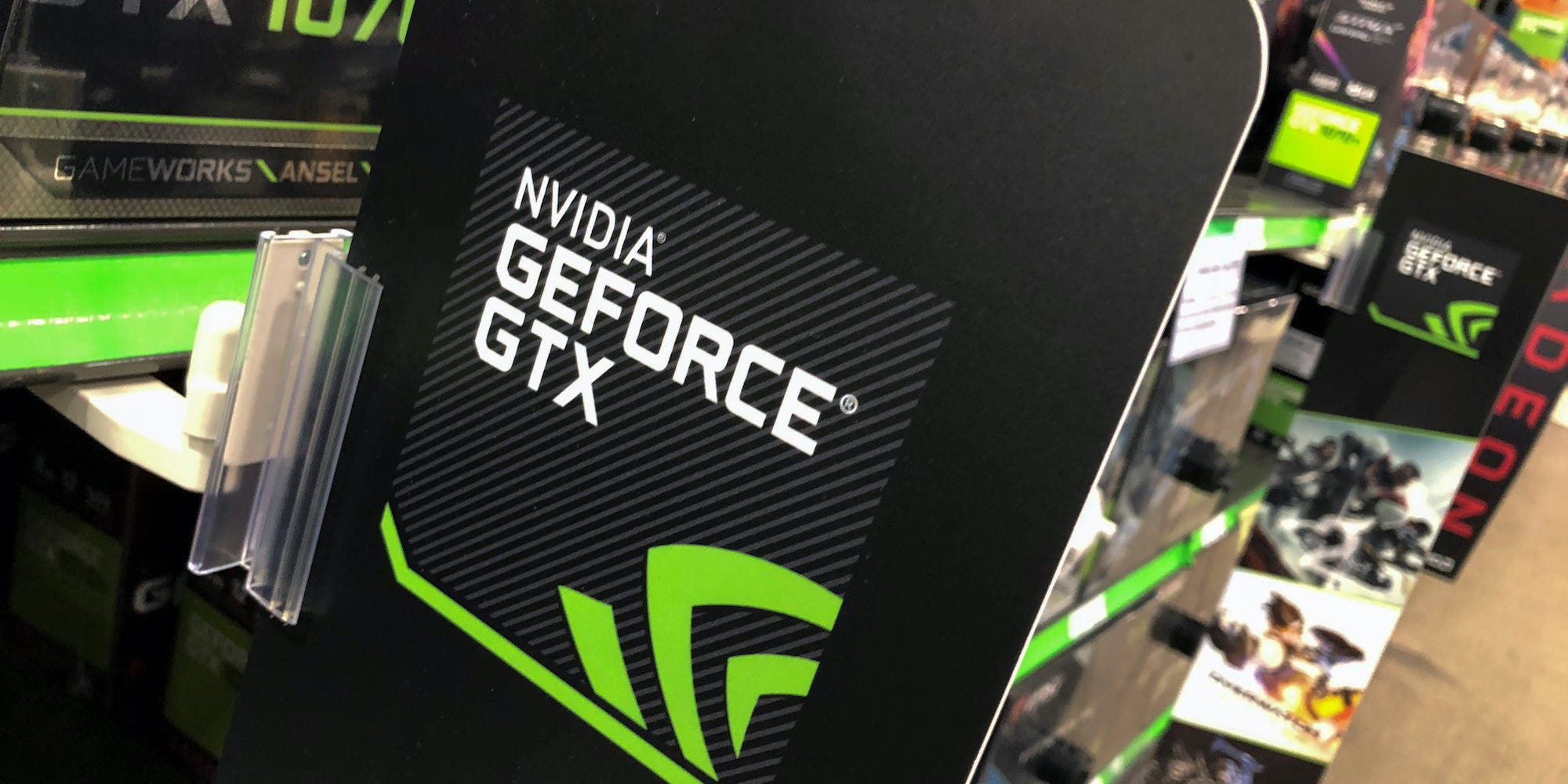
- Shares of Nvidia fell on Thursday as investor concerns about a global chip shortage weighed on an otherwise positive earnings report.
- The stock fell 3% in premarket trades on Thursday.
- The semiconductor industry has been struggling to meet global demand, thanks to an unexpected boom in online activity brought about by the pandemic.
- Sign up here for our daily newsletter, 10 Things Before the Opening Bell
Shares of chip maker Nvidia fell 3% in premarket trading on on Thursday as investors’ concerns over the global chip shortage weighed on fiscal fourth-quarter earnings that beat expectations.
Nvidia CEO Jensen Huang during the Wednesday earnings call said he expects the shortage to continue this 2021. But Huang assured investors that the shortage would not affect some segments.
The semiconductor industry in the past year has been struggling to meet global demand, thanks to an unexpected boom in online activity brought about by the pandemic. Nvidia, which outsources from Asia, Taiwan Semiconductor Manufacturing and Samsung Electronics, in particular, is stuck in the middle. Both Asian companies are having difficulty keeping pace with demand, and the bottleneck has trickled down to Nvidia.
Nvidia sells semiconductor parts for gaming, artificial intelligence, data centers, and automobiles, among other sectors.
The company reported that revenue jumped 61% to $5 billion for the quarter ending January 31 and adjusted earnings of $3.10 per share, both considerably higher than Wall Street’s $4.82 billion and $2.81 per share estimates.
For the current fiscal first quarter, the chip maker set a forecast of $5.3 billion in revenue versus analysts' expectations of $4.49 billion.
For the coming year, the Santa Clara, California-based company remains bullish. Nvidia announced that it is working on graphic cards for mining cryptocurrencies like ethereum, even if the CEO said it will not be a huge part of its business.
Last year, Nvidia announced plans to buy Arm, Softbank's chip division, for $40 billion. Arm is not a chip maker, but licenses chip designs, widely used in mobile phones, to customers such as Apple, Samsung, and Intel.
